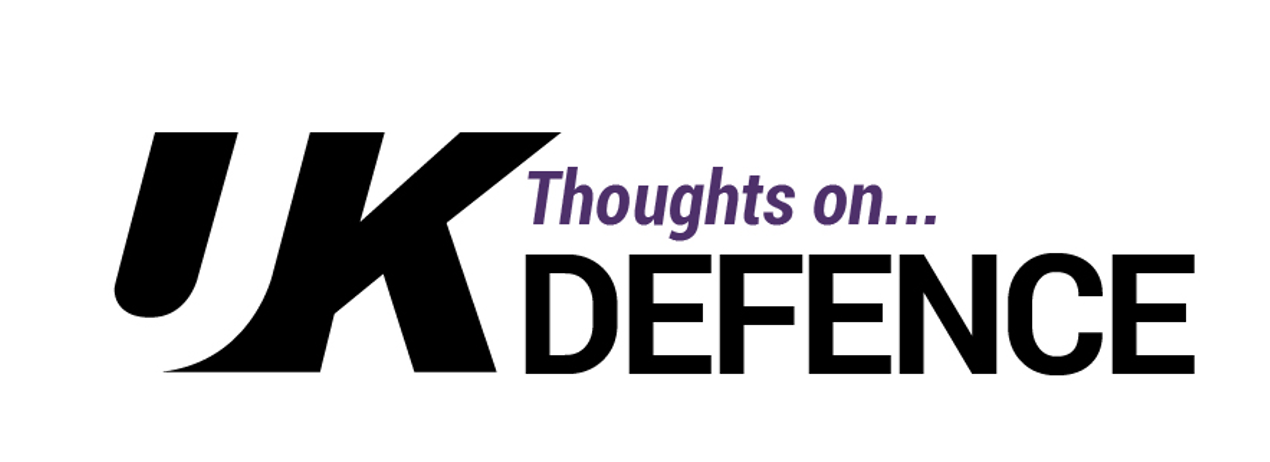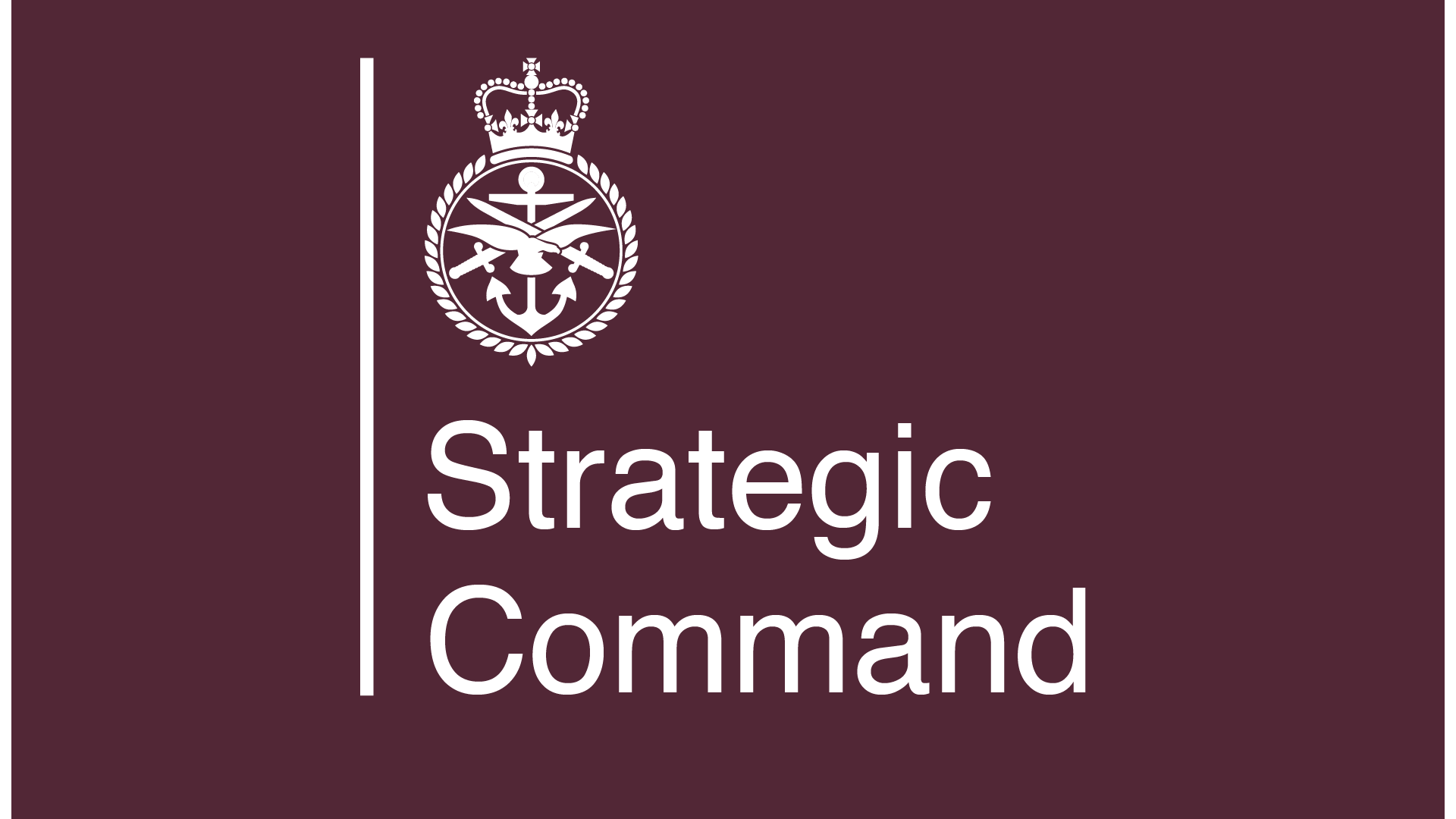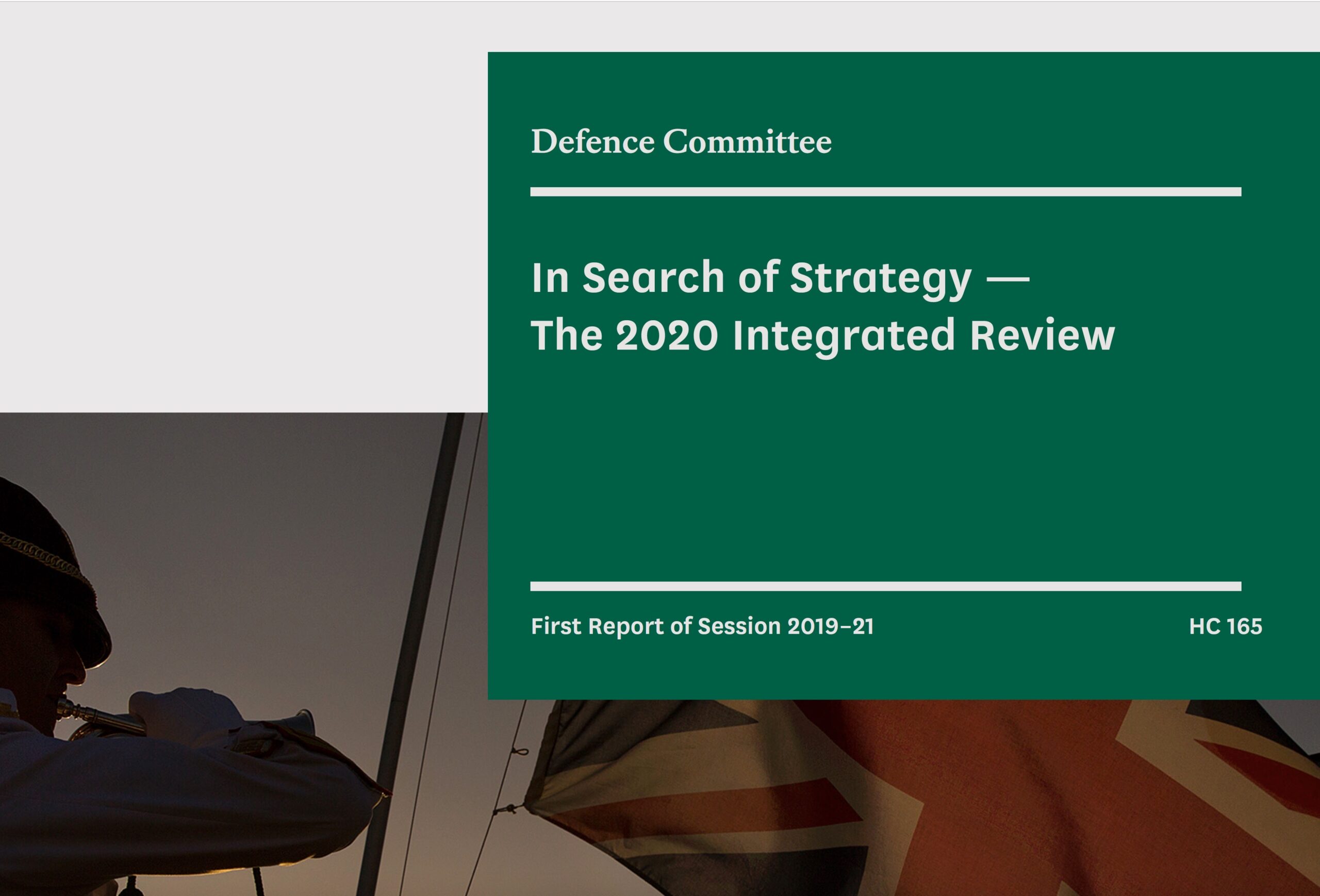Almost exactly one year ago, onUKDefence commented on the appointment of Admiral Sir Tony Radakin as the new Chief of the Defence Staff. While recognising the considerable challenges facing the new chief, we suggested that he could make a name for himself by making good, once and for all, the higher management of Defence. One year in, it is timely to consider how he is getting on.
Early direction
Radakin’s first speech as Chief of the Defence Staff was at the Royal United Services Institute in December 2021. His principal theme was the return of the state as the central, indispensable feature of the international system and what that meant for the UK’s armed forces. He did, however, also include transforming, reforming and integrating Defence as his second priority.
Three months later, on 31 March 2022, the Chief of the Defence Staff joined David Williams, the MoD’s recently appointed Permanent Secretary, at the Institute of Government for a discussion about the future of UK Defence. While the intent may have been to talk about the challenges faced by Defence’s new leadership team, the event was completely dominated by Russia’s invasion of Ukraine, which had begun the previous month. Other issues didn’t get a look in.
Events, my dear boy, events
The most recent opportunity for the Chief of the Defence Staff to discuss his ongoing challenges was at Mansion House on 19 October, when he gave the Lord Mayor of London Defence and Security Lecture. Unsurprisingly, he began by recognising the remarkable way in which the armed forces performed their last duty to Her Majesty the Queen and their first duty to His Majesty the King back in September.
Radakin also used a large portion of his speech to highlight the contribution the UK continues to make in support of Ukraine’s battle against President Putin’s military offensive. Finally, he confirmed his confidence in the 2021 Integrated Review’s vision for the armed forces, and expectation that the forthcoming refresh would be further opportunity for, rather than pose a threat to, Defence.
No mention of transforming, reforming and integrating Defence.
According to legend, when Harold Macmillan was asked what he feared most as Prime Minister, he replied ‘Events, my dear boy, events’. This is exactly what is happening to the Chief of Defence Staff’s challenges. Radakin has spent almost all of his first twelve months in post reacting to events beyond his control. And given the ongoing political turmoil at Westminster, that looks set to continue.
Prime Minister Liz Truss’s promise to increase Defence spending to 3 per cent of GDP by 2030 is looking more vulnerable by the day, with the latest direction from her new Chancellor that all departments will be asked to find “efficiency savings” threatening to reduce, rather than increase, the Defence budget. Moreover, if the Prime Minister fails to ride out the current political storm, there is no guarantee that her successor will see the need either to refresh the 2021 Integrated Review or commit more resources to Defence.
Conclusion
So where does that leave the Chief of the Defence Staff’s challenge to reform the management of Defence? Arguably, if more financial hard times are ahead, improving the efficiency and effectiveness of the management of Defence should become even more urgent. Personal bandwidth will always be a problem for the incumbent of one of the most demanding appointments in Whitehall; nevertheless, if Tony Radakin is to make a difference during his time as Chief of the Defence Staff, he must somehow rise above the ‘events’ and focus on the long-term challenges that really need to be addressed.






